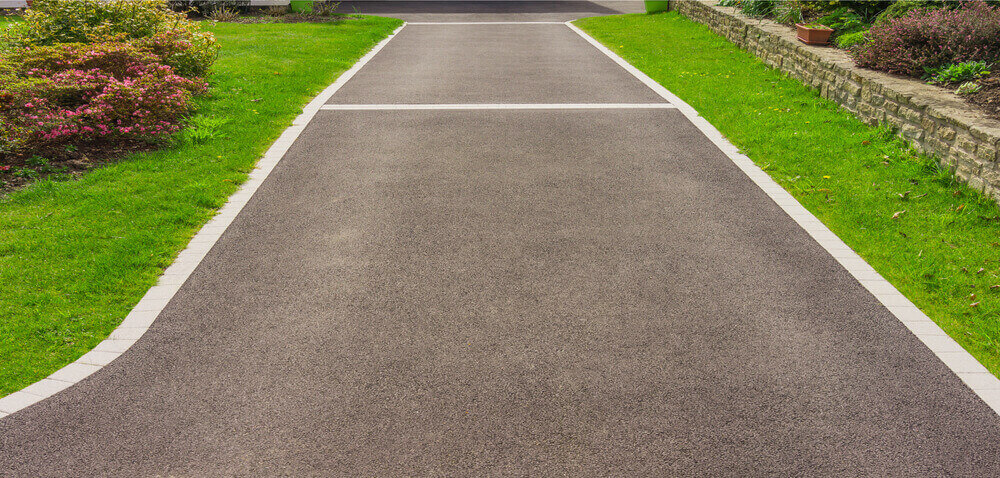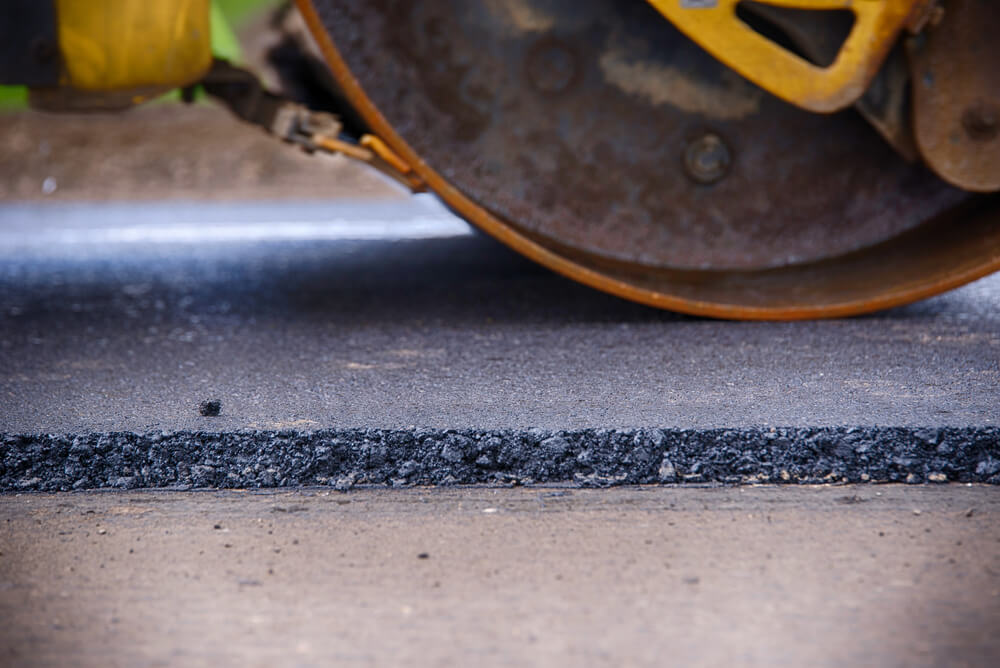Installing a new asphalt driveway is a significant investment that requires proper care and maintenance. One common question that arises is, “How soon can I drive on a new asphalt driveway?” It’s crucial to understand the recommended waiting period to avoid damaging the surface and ensure the longevity of your driveway. In this comprehensive guide, we will explore the factors that determine the waiting time, what to expect during the curing process, and essential tips for protecting your new asphalt driveway.
The Curing Process of Asphalt Driveways
Before we dive into the waiting time, let’s first understand the curing process of asphalt driveways. Asphalt is a durable material composed of aggregates and bitumen, which binds the mixture together. During the installation of a new asphalt driveway, the hot mix is laid and compacted. As the asphalt cools, it undergoes a process called curing, during which it hardens and gains strength.
It’s important to note the difference between drying and curing when discussing newly paved asphalt driveways. Drying refers to the process of the surface becoming firm enough for foot and vehicle traffic. On the other hand, curing involves the complete hardening and strengthening of the asphalt. Keep in mind how long the asphalt driveway takes to cure will also depend on the time of the year it is installed.
How Soon Can You Walk on a Freshly Paved Driveway?
Walking on a freshly paved asphalt driveway should be avoided for at least 72 hours or 3 days. During this initial curing period, the asphalt is still vulnerable and needs time to cool and harden. However, if it’s absolutely necessary to walk on the driveway, you can do so after 24 hours. It’s crucial to use caution and avoid dragging or scraping any sharp objects that could damage the surface.
When Can You Drive and Park on a New Asphalt Driveway?
Driving or parking on a new asphalt driveway requires more patience than walking. It’s recommended to wait at least 72 hours before driving on the surface. The weight of vehicles can cause indentations and premature damage to uncured asphalt. For parking vehicles, it’s best to wait for a longer period of 14 days or 2 weeks. This extended waiting time allows the driveway to fully settle and cure, ensuring its durability.
Considerations for Heavy Vehicles
If you own heavy vehicles such as trucks or campers, it’s important to take extra precautions. Even after the recommended waiting period, heavy vehicles can still cause damage if the driveway is not designed to handle their weight. It’s advisable to consult with an asphalt contractor to ensure your driveway is built to withstand heavy loads. Additionally, during hot summer months, when asphalt takes longer to cool and harden, it’s wise to wait a full month before driving or parking heavy vehicles on the surface.
Preventing Damage from Sharp Objects
To protect your new asphalt driveway, it’s crucial to avoid placing sharp and narrow objects on the surface. Objects like kickstands for bicycles or motorcycles, high-heeled shoes, patio furniture, or ladders can create small indentations or divots in brand-new asphalt. It’s best to keep these objects off the driveway or place a protective barrier, such as plywood, underneath them to distribute the weight.
Spills and Chemicals
Being mindful of spills and chemicals is another important aspect of maintaining your new asphalt driveway. While asphalt itself is made of petroleum products and can resist most fluids, it’s still best to avoid oil and gasoline spills on the surface. Oil and gasoline can degrade the bitumen binder in asphalt, leading to deterioration over time. If your vehicle has a fluid leak, it’s essential to fix the issue before parking it on your new driveway. Similarly, be cautious when using lawnmowers or other equipment that may contain fluids that could damage the asphalt.
Additional Tips for New Asphalt Driveway Care
Aside from the waiting period and precautions mentioned above, there are additional measures you can take to ensure the longevity of your new asphalt driveway. Consider the following maintenance tips:
- Keep the surface clean: Regularly remove dirt, debris, and organic matter from your driveway. This prevents the accumulation of materials that can cause cracks or holes over time.
- Avoid fluid leaks: Whether it’s from vehicles or other equipment, make sure to address any fluid leaks promptly. Clean up spills and prevent them from seeping into the asphalt.
- Sealcoating: Applying a seal coat to your new asphalt driveway can help protect it from weather damage and extend its lifespan. However, it’s important to wait at least 30 days after installation before applying a seal coat.
- Be cautious with power washing: If you choose to use a power washer or pressure cleaner to clean your driveway, be mindful of the water pressure. High-pressure water can potentially damage the asphalt surface, so use it with caution.
Enjoying a New Asphalt Driveway with Richfield Blacktop

In conclusion, patience is key when it comes to driving on a new asphalt driveway. Waiting at least 72 hours before driving and 14 days before parking vehicles ensures that the asphalt has time to cool, harden, and cure fully. Taking precautions to avoid sharp objects, fluid leaks, and heavy loads will help maintain the integrity of your driveway. Regular cleaning and timely seal coating will further enhance its durability. By following these guidelines and consulting with a professional asphalt contractor like Richfield Blacktop, you can enjoy a long-lasting and beautiful asphalt driveway. Contact Richfield Blacktop today if you are considering installing a new asphalt driveway.





